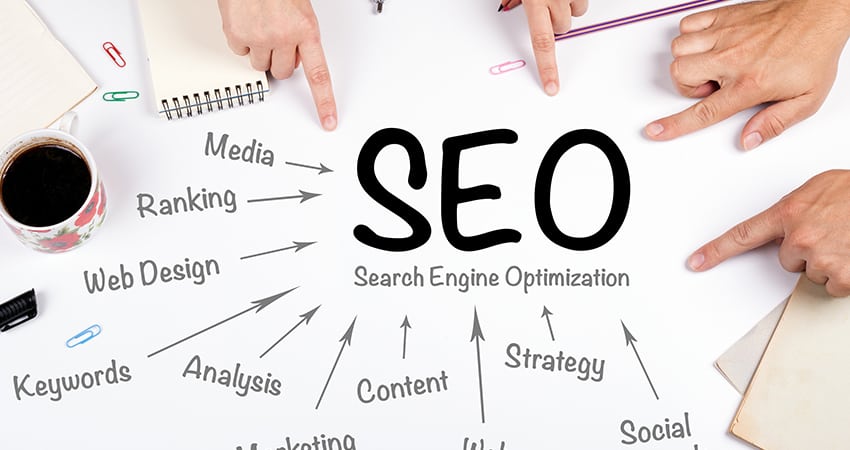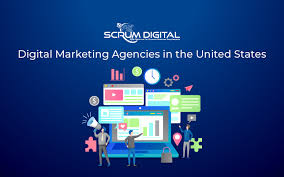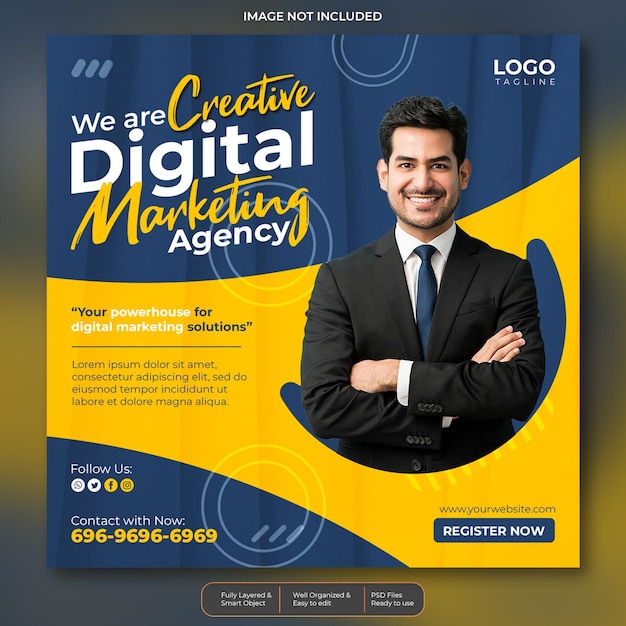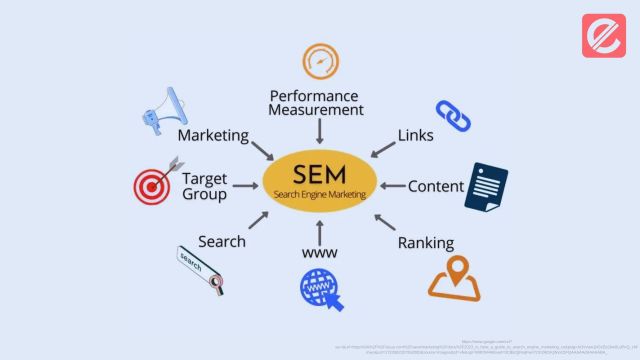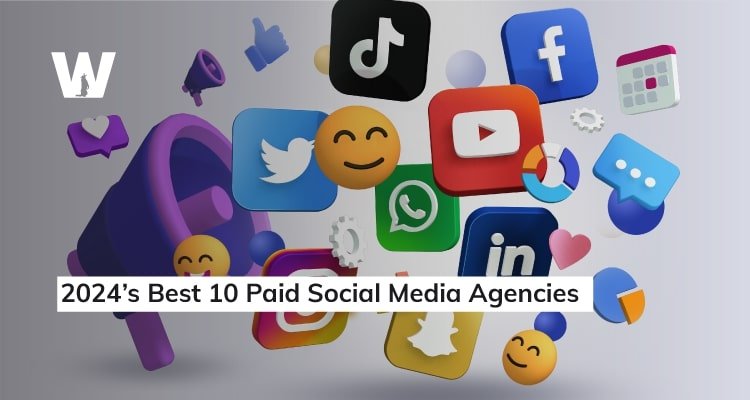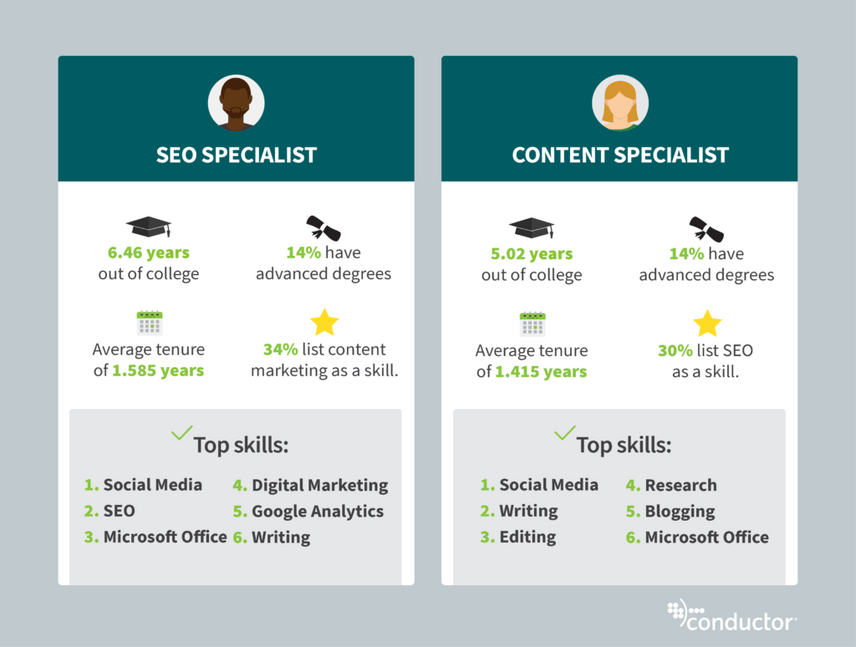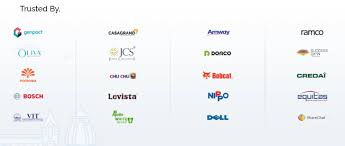SEO Content Marketing
The Power of SEO Content Marketing
SEO content marketing is a strategic approach that combines search engine optimization (SEO) techniques with valuable and relevant content creation to attract and engage target audiences. This powerful combination not only improves a website’s visibility in search engine results but also drives organic traffic and enhances user experience.
Key Elements of SEO Content Marketing:
- Keyword Research: Identifying relevant keywords that your target audience is searching for is essential for creating SEO-friendly content.
- High-Quality Content: Producing informative, engaging, and original content that addresses the needs and interests of your audience is crucial for SEO success.
- On-Page Optimization: Optimizing meta tags, headings, images, and internal links to improve the visibility of your content in search engine results.
- Link Building: Earning high-quality backlinks from reputable websites can boost your site’s authority and improve its search engine rankings.
- User Experience: Ensuring that your website is user-friendly, mobile-responsive, and provides valuable information to visitors can enhance SEO performance.
The Benefits of SEO Content Marketing:
By implementing an effective SEO content marketing strategy, businesses can enjoy several benefits, including:
- Increased Visibility: Ranking higher in search engine results can lead to increased visibility and exposure to a wider audience.
- Organic Traffic Growth: Creating high-quality content that resonates with users can attract organic traffic over time without relying on paid advertising.
- Better User Engagement: Providing valuable and relevant information can enhance user engagement and encourage repeat visits to your website.
- Improved Brand Authority: Establishing expertise through valuable content can build trust with your audience and position your brand as a thought leader in your industry.
- Multichannel Integration: Integrating SEO content across various digital channels can create a cohesive brand presence and reach customers at different touchpoints.
In conclusion, SEO content marketing is a powerful strategy that combines the best practices of SEO with compelling content creation to drive organic traffic, improve search engine rankings, and enhance user experience. By investing in quality content that resonates with your target audience, businesses can achieve long-term success in the competitive digital landscape.
17 Frequently Asked Questions About the Intersection of SEO and Content Marketing
- Does content marketing include SEO?
- What is an example of SEO?
- Is SEO a type of content marketing?
- What is content marketing in SEO?
- Why is content marketing good for SEO?
- How can I improve my SEO and content marketing?
- Which is the best strategy SEO or content marketing?
- What are the 3 types of SEO?
- How to use content marketing for SEO?
- What are the 4 stages of SEO?
- What are 3 main areas of SEO?
- Is SEO considered content marketing?
- Does SEO help with content marketing?
- What are the 4 types of SEO?
- What is SEO and how it works?
- What are the 7 types of SEO?
- How does SEO work with content?
Does content marketing include SEO?
In the realm of digital marketing, the relationship between content marketing and SEO is closely intertwined. While content marketing focuses on creating valuable, relevant, and engaging content to attract and retain a target audience, SEO plays a critical role in ensuring that this content is discoverable by search engines and ranks well in search results. In essence, content marketing and SEO work hand in hand to drive organic traffic, enhance user experience, and improve online visibility. Therefore, it is safe to say that effective content marketing strategies often incorporate SEO best practices to maximise their impact and reach a wider audience online.
What is an example of SEO?
An example of SEO (Search Engine Optimization) in the context of content marketing could be creating a blog post that is optimised for specific keywords related to your business or industry. By conducting thorough keyword research and strategically incorporating those keywords into the content, meta tags, and headings, you can improve the visibility of the blog post in search engine results. This optimisation can help your content rank higher for relevant search queries, driving organic traffic to your website and increasing the chances of attracting potential customers who are actively searching for information related to your products or services.
Is SEO a type of content marketing?
In the realm of digital marketing, the relationship between SEO and content marketing is often a topic of discussion. While SEO (search engine optimisation) and content marketing are distinct strategies, they are closely intertwined in achieving online success. SEO focuses on improving a website’s visibility in search engine results through tactics like keyword research and on-page optimisation, while content marketing involves creating valuable and engaging content to attract and retain an audience. Therefore, it can be said that SEO is not a type of content marketing per se, but rather a complementary tool that enhances the effectiveness of content marketing efforts by ensuring that the right audience discovers and engages with the content.
What is content marketing in SEO?
Content marketing in SEO refers to the strategic practice of creating and distributing valuable, relevant, and engaging content to attract and retain a target audience while also boosting search engine visibility. In essence, content marketing in SEO involves crafting high-quality content that not only meets the needs and interests of users but also aligns with search engine algorithms to improve organic search rankings. By focusing on creating informative and compelling content that resonates with both users and search engines, businesses can enhance their online presence, drive organic traffic, and establish authority in their industry through effective SEO content marketing strategies.
Why is content marketing good for SEO?
Content marketing is beneficial for SEO because it plays a crucial role in enhancing a website’s visibility and ranking on search engine results pages. By creating high-quality, relevant, and engaging content that aligns with the interests and needs of the target audience, businesses can attract organic traffic, earn backlinks from reputable sources, and establish authority in their industry. Search engines like Google value fresh and valuable content, making content marketing an effective strategy to improve search engine rankings and drive sustainable organic traffic to a website. Additionally, well-crafted content can enhance user experience, increase user engagement, and ultimately contribute to a stronger online presence for businesses looking to succeed in the digital landscape.
How can I improve my SEO and content marketing?
To enhance your SEO and content marketing efforts, it is essential to focus on several key areas. Firstly, conducting thorough keyword research to identify relevant terms and phrases that your target audience is searching for can help guide your content creation strategy. Producing high-quality, informative content that addresses the needs and interests of your audience is crucial for engaging users and improving search engine visibility. Additionally, optimising on-page elements such as meta tags, headings, and internal links can further boost your SEO performance. Building a strong backlink profile from reputable websites and ensuring a seamless user experience on your site are also important factors in enhancing both SEO and content marketing success. By consistently monitoring performance metrics and adapting your strategies based on data-driven insights, you can continuously improve your SEO and content marketing efforts for long-term growth and success.
Which is the best strategy SEO or content marketing?
When considering the question of whether SEO or content marketing is the best strategy, it’s important to understand that both elements are integral to a successful digital marketing approach. SEO focuses on optimizing a website’s visibility in search engine results, while content marketing involves creating valuable and engaging content to attract and retain audiences. In reality, the most effective strategy combines both SEO and content marketing techniques synergistically. By integrating SEO practices into high-quality content creation, businesses can enhance their online presence, drive organic traffic, and improve user engagement. Ultimately, a holistic approach that leverages the strengths of both SEO and content marketing is key to achieving sustainable growth and visibility in the digital landscape.
What are the 3 types of SEO?
In the realm of SEO, there are three primary types that play crucial roles in enhancing a website’s visibility and search engine rankings. The first type is On-Page SEO, which involves optimizing individual web pages with relevant keywords, meta tags, and high-quality content to improve their search engine performance. The second type is Off-Page SEO, which focuses on building external links from reputable websites to increase a site’s authority and credibility in the eyes of search engines. Lastly, Technical SEO involves optimizing the technical aspects of a website, such as site speed, mobile-friendliness, and structured data markup, to ensure optimal crawling and indexing by search engines. Mastering these three types of SEO can significantly boost a website’s online presence and drive organic traffic.
How to use content marketing for SEO?
To effectively utilise content marketing for SEO, businesses must focus on creating high-quality, relevant content that aligns with their target audience’s interests and needs. Conducting thorough keyword research to identify valuable search terms and incorporating them strategically into the content is essential for improving search engine visibility. Additionally, optimising on-page elements such as meta tags, headings, and internal links can enhance the content’s SEO performance. By consistently producing engaging and informative content that resonates with users and earns quality backlinks from reputable sources, businesses can strengthen their SEO efforts and drive organic traffic to their website.
What are the 4 stages of SEO?
Understanding the four stages of SEO is crucial for implementing a successful SEO content marketing strategy. The first stage is “Technical SEO,” which involves optimizing website infrastructure, such as site speed and mobile-friendliness. The second stage is “On-Page SEO,” focusing on keyword research, content optimization, and meta tags. The third stage is “Off-Page SEO,” which includes link building and establishing domain authority through high-quality backlinks. Finally, the fourth stage is “Local SEO,” targeting local audiences through location-based keywords and Google My Business optimization. By navigating through these stages effectively, businesses can enhance their online visibility and attract targeted organic traffic to their websites.
What are 3 main areas of SEO?
When it comes to SEO, there are three main areas that play a crucial role in improving a website’s visibility and search engine rankings. These areas include on-page SEO, off-page SEO, and technical SEO. On-page SEO focuses on optimizing individual web pages with relevant keywords, high-quality content, meta tags, and internal linking structure. Off-page SEO involves building quality backlinks from reputable websites to increase a site’s authority and credibility. Technical SEO deals with the technical aspects of a website, such as site speed, mobile-friendliness, and indexing issues, to ensure optimal performance in search engine results. Mastering these three key areas of SEO is essential for achieving success in the competitive digital landscape.
Is SEO considered content marketing?
In the realm of digital marketing, the question often arises: Is SEO considered content marketing? While SEO (search engine optimization) and content marketing are distinct strategies, they are closely intertwined and complement each other in driving online success. SEO focuses on optimizing a website’s visibility in search engine results through technical and strategic means, while content marketing revolves around creating valuable and engaging content to attract and retain a target audience. In essence, SEO lays the foundation for content visibility, while content marketing provides the substance that captivates and converts users. When effectively combined, SEO and content marketing work harmoniously to enhance online presence, drive organic traffic, and deliver meaningful experiences to users.
Does SEO help with content marketing?
Yes, SEO plays a crucial role in content marketing by enhancing the visibility and reach of your content. Search engine optimisation (SEO) techniques help to improve the ranking of your content in search engine results pages, making it more likely to be discovered by users searching for relevant information. By incorporating SEO best practices such as keyword research, on-page optimisation, and link building into your content marketing strategy, you can attract organic traffic, increase website visibility, and ultimately drive engagement with your target audience. In essence, SEO and content marketing work hand in hand to maximise the impact and effectiveness of your digital marketing efforts.
What are the 4 types of SEO?
In the realm of SEO content marketing, understanding the four main types of SEO is crucial for crafting an effective digital strategy. The four types of SEO include on-page SEO, off-page SEO, technical SEO, and local SEO. On-page SEO focuses on optimizing individual web pages to improve search engine rankings and user experience. Off-page SEO involves building external links and social signals to enhance a website’s authority and credibility. Technical SEO deals with the backend elements of a website to ensure it is easily crawled and indexed by search engines. Lastly, local SEO targets geographically specific searches to help businesses attract local customers. Mastering these four types of SEO can significantly impact a website’s visibility and organic traffic growth.
What is SEO and how it works?
SEO, or Search Engine Optimization, is a fundamental aspect of digital marketing that focuses on improving a website’s visibility and ranking in search engine results pages. SEO works by implementing various strategies and techniques to enhance a website’s relevance and authority in the eyes of search engines like Google. This involves optimizing content with relevant keywords, improving website structure and performance, earning high-quality backlinks, and providing a positive user experience. By aligning with search engine algorithms and best practices, SEO helps websites attract organic traffic, increase visibility, and ultimately drive more valuable leads and conversions.
What are the 7 types of SEO?
When it comes to SEO content marketing, understanding the different types of SEO is crucial for developing a comprehensive strategy. The 7 types of SEO encompass various aspects of optimisation, including on-page, off-page, technical, local, mobile, e-commerce, and voice search. Each type plays a unique role in improving a website’s visibility and ranking on search engine results pages. By incorporating these different types of SEO into your content marketing efforts, you can enhance your online presence and attract more organic traffic to your website.
How does SEO work with content?
When it comes to the relationship between SEO and content, they work hand in hand to enhance a website’s visibility and relevance in search engine results. SEO focuses on optimising various elements of a website to improve its ranking, while content plays a crucial role in providing valuable information that attracts and engages users. By incorporating relevant keywords, creating high-quality and engaging content, and optimising on-page elements, businesses can effectively align their SEO efforts with their content strategy to drive organic traffic, improve search engine rankings, and ultimately enhance the overall user experience.

